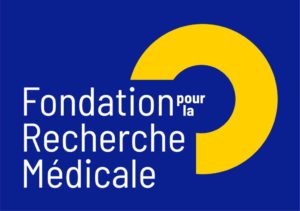Présentation
Cilia and flagella are found at the surface of most cells of the human body. Their malfunctioning results in ciliopathies, genetic diseases that affect 1 individual out of 400. Their construction relies on intraflagellar transport (IFT), the movement of protein complexes (or trains) that bring flagellar precursors to the construction site. Numerous mutations affecting different IFT genes have been found in ciliopathy patients. The aim of this project is to use the protist Trypanosoma brucei as a powerful model to decipher 4 unresolved steps of IFT: (1) entry of IFT proteins in the flagellum, (2) IFT train formation, (3) IFT train trafficking along microtubules and (4) loading of IFT trains with tubulin. The project relies on a multi-disciplinary approach with a network of well-established collaborations. The acquired knowledge will be of exceptional value to evaluate the consequences of IFT mutations in humans. This project is funded by a grant “Equipe FRM”.



